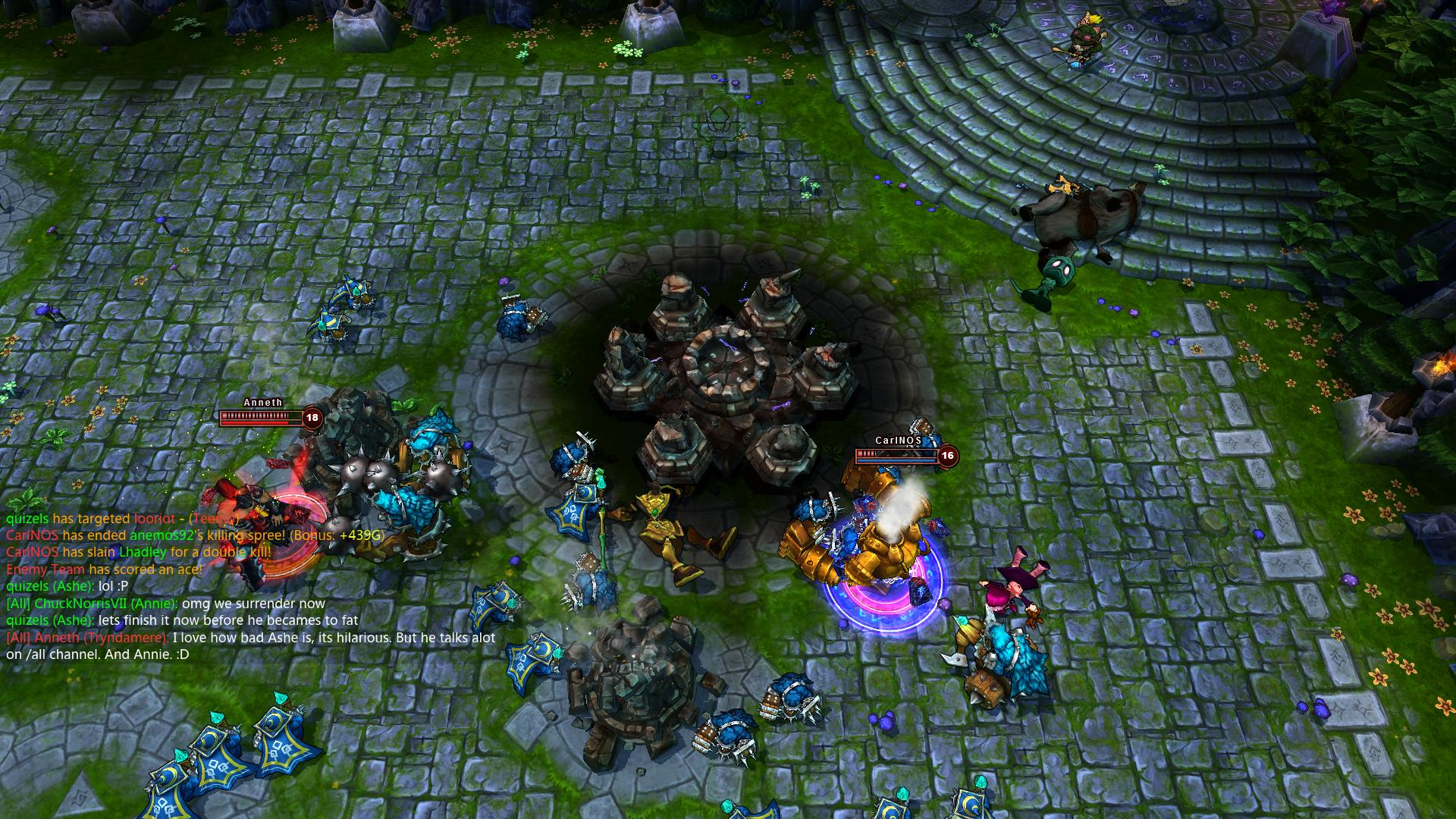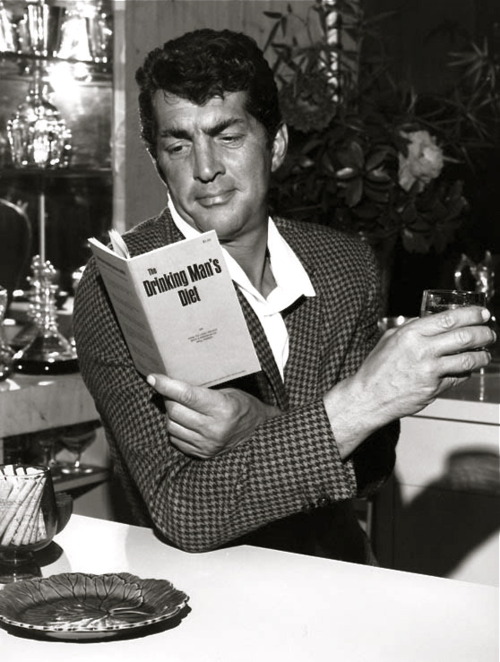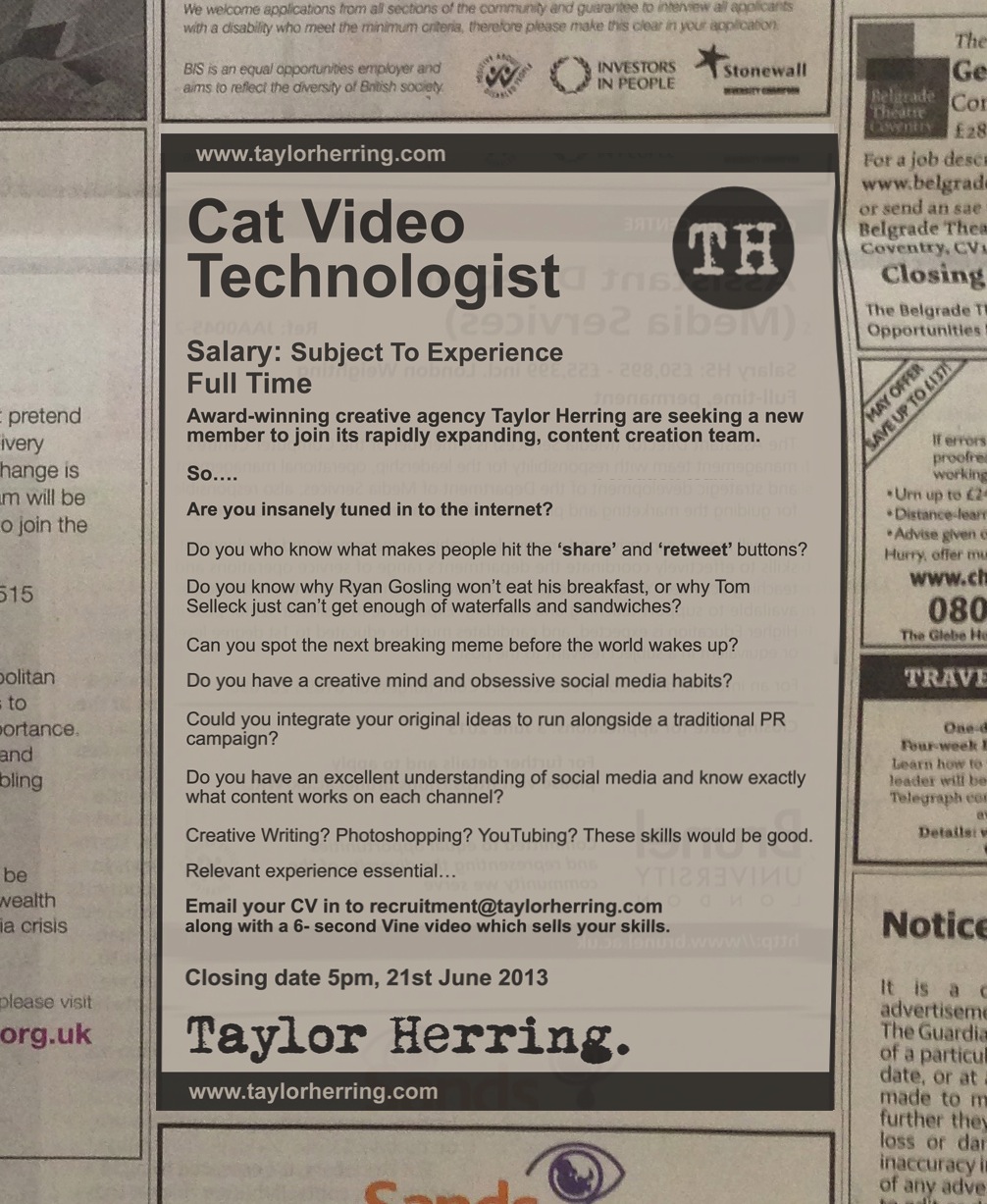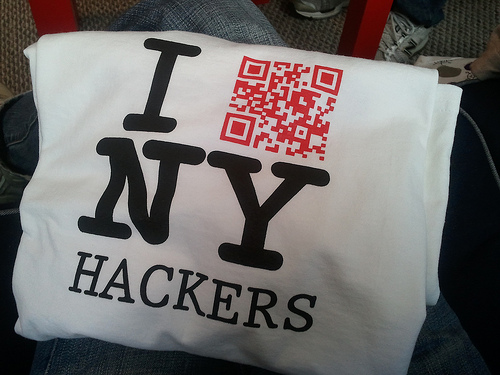Job Titles of the Future #7 - Professional eSports Player
Like lots of guys of a similar generation, I grew up playing sports, watching sports, talking about sports, etc. My Dad and my other adult male relatives were all big-time sports people as well - simply put, there was not a day of my youth through teenage years where sports in some fashion was not a part.
Fast forward about, well let's just say several years, and while sports are still a big part of many American kids lives, (certainly girls sports are a much, much bigger thing today than when I was a kid), there are lots more and different ways modern kids can choose to spend their time, energy, and as we will see in a second, to feed their appetite for competition.
And just like traditional sports like basketball and football have for many years offered at least the most talented and driven kids a pathway to fame and monetary gain, we are starting to see these newer forms of competition also present similar opportunities. 
What am I getting at?
Check an excerpt from a piece in the LA Times - Online game League of Legends star gets U.S. visa as pro athlete
International stars in sports such as baseball, hockey and basketball have long been afforded special immigration status to play on U.S. teams. Think David Beckham, the former Los Angeles Galaxy soccer player from Britain, or Dodgers rookie phenom Hyun-Jin Ryu, a pitcher from South Korea.
Now add Danny "Shiphtur" Le, of Edmonton, Canada, to the elite list.
Le, an online gamer, is one of the world's top players of League of Legends, a virtual capture-the-flag game in which two teams of fantasy characters compete for a glowing orb. Le is so deft at racing down the virtual field and opening up gaps for teammates that he recently became the first so-called eSports player to be granted a type of visa normally awarded to athletes featured daily on ESPN.
With a generation of children having grown up playing video games, the decision by the U.S. Citizenship and Immigration Services has been widely perceived as elevating America's newest professional sport to the same class as old-school stalwarts.
And in a worldwide competition in which the winning team can take home $1 million in prizes, the ability to sign the best players — whether from Canada or South Korea or Russia — was seen as a must-have for U.S squads.
Did you catch all that?
A professional video gamer from Canada was granted a special type of visa, (probably a P1A), to live and compete in the USA with the rest of his elite team of gamers.
I know you are thinking this is a kind of joke, or at least a once-in-a-blue-moon kind of occurrence. After all we are talking about video games, for gosh sakes. Not football, not baseball. Stupid video games.
Except that I bet video games in general, and specifically League of Legends, the game in which Le and his team competes in, are a much, much bigger deal than you realize.
How big?
More from the LA Times:
In the U.S. bracket of the championship series, eight teams compete against one another on Thursdays and Fridays at a West Los Angeles TV studio.
The games are broadcast online and draw more than 1.7 million unique viewers. A typical National Hockey League game on the NBC Sports Network last season drew a quarter of that audience.
Gaming industry analysts estimate that more than 32 million people worldwide play the game, about half of them in the U.S. The rest come from Europe and Asia. By those calculations, 1 in every 20 Americans plays League of Legends. That dwarfs baseball, from Little League to Major League Baseball.
Like I mentioned at the top, I grew up playing traditional sports under the watchful eye of my Dad who also grew up playing those same sports. It would have fulfilled both our dreams had I become an NBA star. But alas, short, slow, and unable to jump very high (mostly) did me in.
A new generation of kids is going to grow up playing games like League of Legends, under the watchful eyes of their Dads who also grew up playing League of Legends, (or World of Warcraft, or similar).
And if those stats are accurate, or even close to it, that 1 in 20 Americans are playing League of Legends then there are going to be lots of career opportunities that will spring up from that ecosystem. Sure just like baseball and football there will be the select few like Danny Le that will become elite-level professionals, but there may also be a need for more event organizers, promotions, marketing, expert analyses, training courses, and on and on.
Professional eSports Player, that has a pretty cool ring to it, and it makes the list as an official SFB 'Job Title of the Future.'

 Steve
Steve



